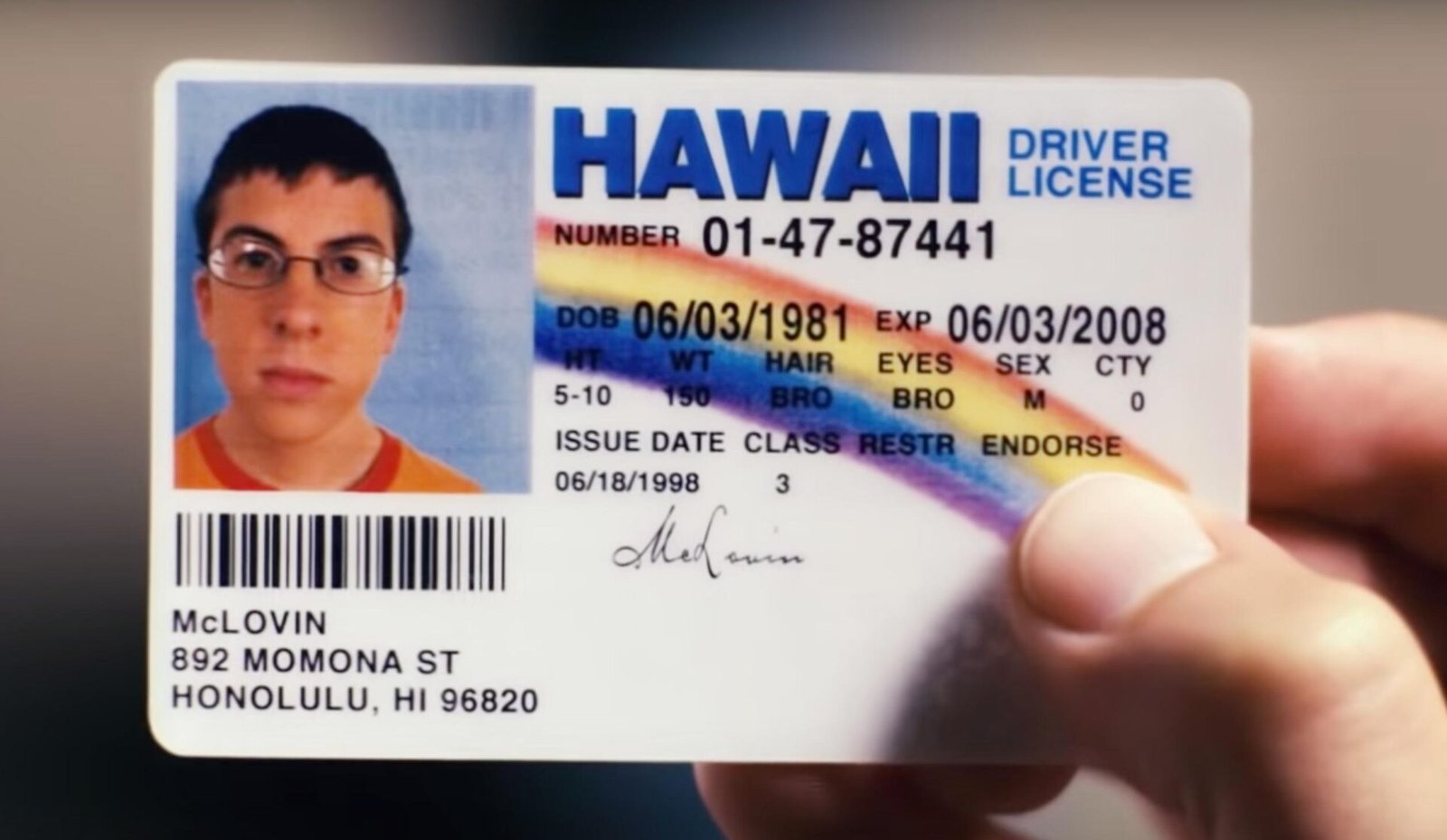Let’s explore eight illegal things that relate to the film and television industry and everyone has done, whether they realize it or not.
8 | Pirating Movies & Series

Pirating movies and series is a widespread practice that has surged with the rise of digital streaming. Many viewers turn to illegal downloads or streaming sites to access content without paying, often citing high subscription costs or geographical restrictions as reasons for their actions. While it may seem harmless, pirating has significant consequences. It not only undermines the hard work of creators, actors, and the entire film industry, but it also puts users at risk of malware and legal repercussions. Despite the temptation, it’s essential to consider the broader impact of piracy on the entertainment landscape and to support creators by accessing content through legal channels.
7 | Filming Without Permission in Theaters

Filming without permission in theaters is a common practice that many moviegoers have indulged in at least once. Whether it’s capturing a favorite scene or sharing a hilarious moment with friends, the thrill of sneaking a video can be tempting. However, this act is not just a violation of theater policies; it can also infringe on copyright laws. Cinemas often have strict regulations against recording, as it poses a threat to the industry by enabling piracy and reducing revenue for filmmakers. Many theaters employ advanced surveillance to catch offenders, leading to potential ejection from the premises and even legal consequences. So, while it might seem harmless in the moment, filming without permission can have serious implications for both the viewer and the creators behind the film.
6 | Using Fake IDs to Gain Access to Theater

Using fake IDs to gain access to theaters is a sneaky move that many have resorted to at some point. Whether it’s to see an age-restricted film or simply to bypass ticket checks, the thrill of deception adds an element of excitement. Movie theaters often have strict policies about age limits for certain films, and some viewers have felt the need to bend the rules to enjoy the latest blockbuster or controversial release. However, this practice not only undermines theater regulations but can also lead to serious consequences if caught, including being banned from the venue or facing legal issues. While it might seem harmless in the moment, the risks associated with using fake IDs for a night out at the movies can turn a fun experience into a stressful situation.
5 | Buying Counterfeit Merchandise

Buying counterfeit merchandise has become a widespread issue in the movie and series fandoms. Many fans are tempted by the allure of cheaper prices on items like clothing, action figures, and collectibles that bear the likeness of their favorite characters or franchises. However, purchasing these knock-offs not only supports illegal practices but also undermines the hard work of the artists and creators behind the original products. Counterfeit goods often lack the quality and craftsmanship of legitimate merchandise, leading to disappointment when they arrive. Moreover, buying these items can have legal repercussions, as many countries enforce strict laws against the sale and purchase of counterfeit products. So, while it might be tempting to grab that seemingly great deal, remember that supporting authentic merchandise contributes to the industries that create the films and shows you love.
4 | Circumventing Geographic Restrictions

Circumventing geographic restrictions has become a common practice among viewers seeking access to movies and series that may be blocked in their region. Many streaming platforms impose these restrictions based on licensing agreements, leaving fans frustrated. As a result, people often turn to VPNs to mask their location, allowing them to stream content as if they were in a different country. This not only opens the door to a wider range of entertainment options but also raises ethical questions about content access and distribution. While some argue it’s a harmless workaround, others see it as undermining the efforts of content creators and distributors who rely on regional licensing agreements.
3 | Faking Reviews and Ratings

Faking reviews and ratings is a prevalent issue in the film and television industry that impacts how we perceive quality content. With the rise of online platforms, it’s become all too easy for individuals to manipulate ratings to boost or sabotage a project. Some people create fake accounts to leave glowing reviews for films they worked on or want to support, while others post negative comments to undermine competitors or movies & series they don’t like. This practice not only misleads potential viewers but can also affect box office performance and critical acclaim. While many sites have measures to detect fraudulent reviews, the problem persists, showcasing the lengths some will go to shape public opinion. Remember, your choices matter, so always seek out genuine opinions before diving into your next binge-watch!
2 | Sharing Streaming Passwords

Sharing streaming passwords has become a common practice in today’s digital age, blurring the lines between convenience and legality. Many people share their accounts with friends and family to save money or to allow others to enjoy their favorite shows and movies. However, most streaming services have terms of service that explicitly prohibit password sharing outside of a household. This means that when you share your password with someone who doesn’t live with you, you’re technically breaking the rules. While it might seem harmless, the consequences can be significant, from account suspension to potential legal action.
1 | Binge-Watching During Work Hours

Binge-watching during work hours is a guilty pleasure many have indulged in, especially with the rise of streaming platforms offering endless content at our fingertips. Whether it’s that gripping series you just can’t pause or the latest blockbuster film that seems impossible to resist, it’s easy to get lost in the allure of another episode. This not-so-subtle rebellion against productivity often happens under the radar, with employees sneaking in a few episodes during lunch breaks or between tasks. However, it can lead to a slippery slope, affecting both work performance and professional reputation. The thrill of escaping into a fictional world might be tempting, but remember, you’re not alone—many have experienced this struggle of balancing work responsibilities with the lure of their favorite shows.















